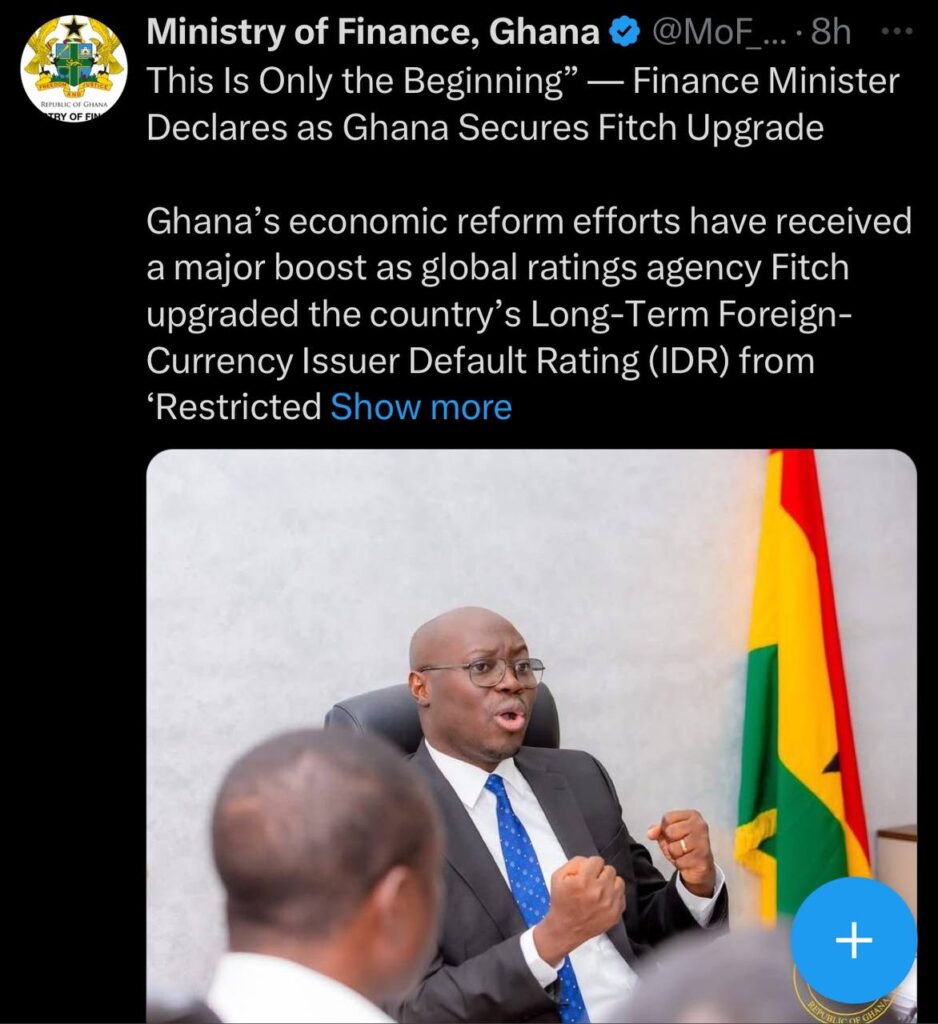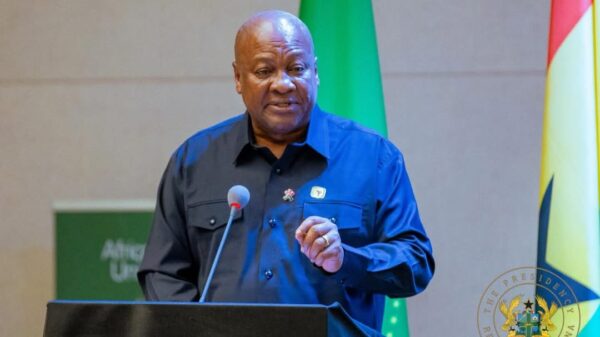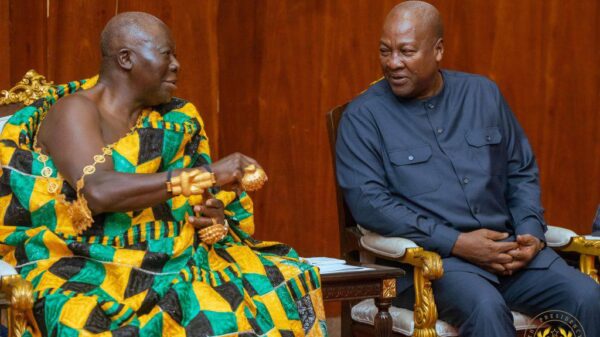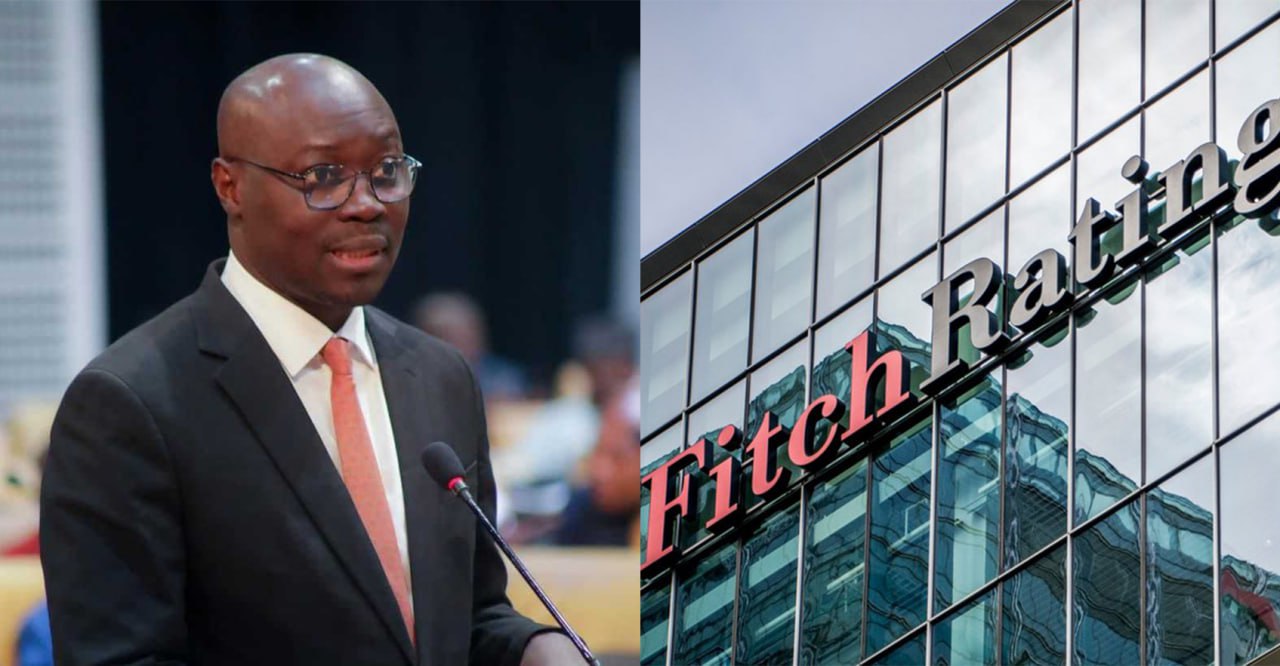Ghana’s economy has taken a significant step forward following a major upgrade from global ratings agency Fitch. The country’s Long-Term Foreign-Currency Issuer Default Rating (IDR) has been raised from ‘Restricted Default’ to ‘B-’ with a Stable Outlook, reflecting renewed confidence in Ghana’s economic direction.
This positive development comes after months of tough reforms led by Finance Minister Dr. Cassiel Ato Forson, who has been at the forefront of Ghana’s recovery efforts. According to Fitch, the upgrade was influenced by three key achievements: the successful restructuring of $13.1 billion in Eurobond debt, consistent fiscal discipline, and a more stable macroeconomic outlook.
In reaction to the news, Dr. Forson shared a message of hope and determination, posting on the official page of the Ministry of Finance on X, saying;
“I assure you—this is only the beginning. We are unwavering in our resolve to fully revive the economy and deliver lasting relief and shared prosperity to you, the good people of Ghana.”
Ghana’s inflation, which peaked at over 50% in early 2023, has now dropped sharply to 18.4% as of May 2025. Fitch expects it to fall further, reaching 15% by the end of this year and 10% by 2026. The Ghanaian cedi has also gained strength, helping to lower import costs and stabilize fuel prices.
This Is Only the Beginning” — Finance Minister Declares as Ghana Secures Fitch Upgrade
— Ministry of Finance, Ghana (@MoF_Ghana) June 17, 2025
Ghana’s economic reform efforts have received a major boost as global ratings agency Fitch upgraded the country’s Long-Term Foreign-Currency Issuer Default Rating (IDR) from ‘Restricted… pic.twitter.com/03VTUxYR3E
At the same time, the country’s fiscal deficit has narrowed, and debt is projected to fall to 60% of GDP in 2025, down from 93% in 2022. Ghana’s gross international reserves now stand at $6.8 billion, and the government aims to achieve a primary budget surplus by the end of the year. The Fitch report also projects a 4% GDP growth in 2025, driven by improvements in agriculture, industry, and services. This economic momentum is expected to open the door for new investment, lower borrowin







































